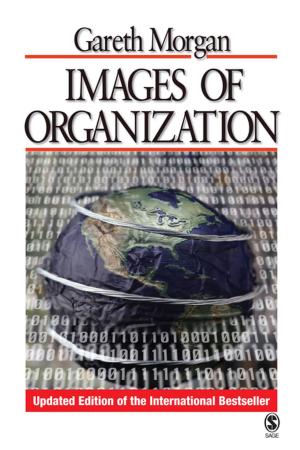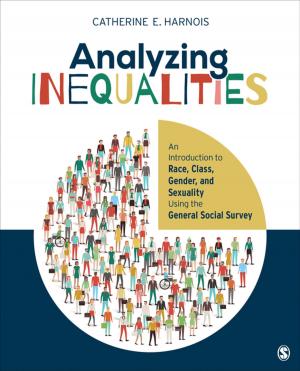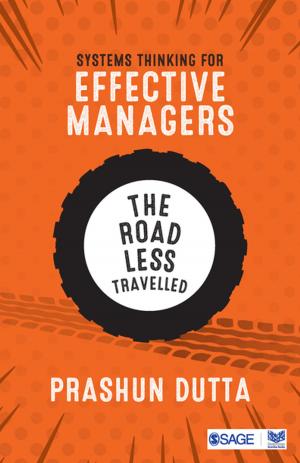| Author: | Joan E. Sieber, Professor Martin Tolich | ISBN: | 9781506338675 |
| Publisher: | SAGE Publications | Publication: | December 26, 2012 |
| Imprint: | SAGE Publications, Inc | Language: | English |
| Author: | Joan E. Sieber, Professor Martin Tolich |
| ISBN: | 9781506338675 |
| Publisher: | SAGE Publications |
| Publication: | December 26, 2012 |
| Imprint: | SAGE Publications, Inc |
| Language: | English |
Extensively revised and updated to serve today's needs for insight and solutions to the most vexing ethical and regulatory problems faced by researchers today, Planning Ethically Responsible Research, Second Edition guides readers through one of the most important aspects of their social or behavioral research: planning ethically responsible research. Authors Joan E. Sieber and Martin B. Tolich offer invaluable, practical guidance to researchers and graduate students to understand ethical concerns within real-life research situations, satisfy federal regulations governing human research, and work with the university's Institutional Review Board (IRB). The book includes an abundance of useful tools: detailed instructions on development of an effective IRB protocol; methods for handling issues of consent, privacy, confidentiality and deception; ways to assess risk and benefit to optimize research outcomes; and how to respect the needs of vulnerable research populations.
Extensively revised and updated to serve today's needs for insight and solutions to the most vexing ethical and regulatory problems faced by researchers today, Planning Ethically Responsible Research, Second Edition guides readers through one of the most important aspects of their social or behavioral research: planning ethically responsible research. Authors Joan E. Sieber and Martin B. Tolich offer invaluable, practical guidance to researchers and graduate students to understand ethical concerns within real-life research situations, satisfy federal regulations governing human research, and work with the university's Institutional Review Board (IRB). The book includes an abundance of useful tools: detailed instructions on development of an effective IRB protocol; methods for handling issues of consent, privacy, confidentiality and deception; ways to assess risk and benefit to optimize research outcomes; and how to respect the needs of vulnerable research populations.















